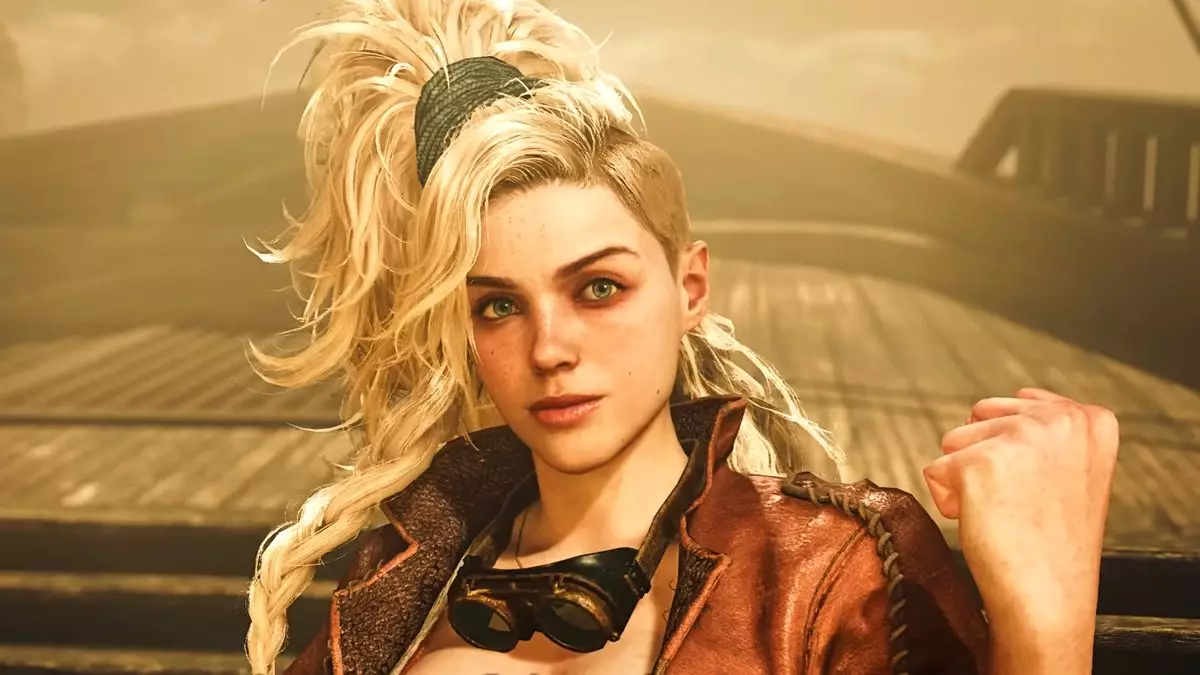In the competitive world of video gaming, developers continuously seek innovative ways to entice players to purchase their titles before launch. Unlike past strategies that often included extravagant pre-order bonuses, the current offerings have become subtler. A notable example of this shift is captured in the recent communication surrounding Monster Hunter Wilds. While pre-order incentives still exist, they have evolved into a more understated form, emphasizing accessibility over exclusivity.
With the launch of Monster Hunter Wilds on the horizon, Capcom has made it explicitly clear that the upcoming Open Beta will not be restricted to those who have pre-ordered the game. In a social media update, the company reassured fans that anyone interested could participate in the beta—essentially democratizing access to early gameplay experiences. This announcement is a refreshing deviation from the current trend seen in titles like Concord and Call of Duty: Black Ops 6, which narrowly restrict beta access to pre-order customers. Such practices can cultivate resentment among players who feel pressured to commit before experiencing the game.
The straightforward nature of Capcom’s message is noteworthy. By directly addressing player inquiries and concerns, they have set an example for how game developers should approach transparency in their marketing strategies. Their tweet not only clarified the beta access but also invited players to consider pre-ordering after trying the game, presenting it as a more cooperative relationship between developers and consumers. This strategy contrasts sharply with the more aggressive tactics often employed, which can alienate potential players.
Players eager for a taste of Monster Hunter Wilds can mark their calendars for the Open Beta scheduled from October 31 to November 3. Enthusiastic gamers on PS5, Xbox Series X|S, and PC will have the chance to dive into the experience, with PlayStation Plus subscribers even receiving early access on October 28. This strategy not only boosts engagement but also garners positive sentiment, showcasing that developers are invested in providing the best possible experience ahead of the full release.
While Capcom’s focus on accessibility is commendable, there are still elements of their pre-order offerings to consider. Gamers can expect some unique bonuses should they choose to secure their copy early, including exclusive armor cosmetics and in-game talismans. Although these rewards lack the shock value of historical pre-order bonuses, such as outlandish tiered rewards from past games, they serve as respectable incentives for loyal fans who wish to go the extra mile for their gaming experience.
The conversations surrounding pre-order bonuses in the context of Monster Hunter Wilds illustrate a significant transformation in how developers are choosing to engage with their community. As the industry moves forward, the emphasis on openness and player feedback might create a new standard for pre-releases. By prioritizing inclusivity while still offering enthusiastic players additional perks for their commitment, developers can foster a more positive gaming environment, strengthening both brand loyalty and user experience. The true challenge remains: will other developers take note and adjust their strategies accordingly?

